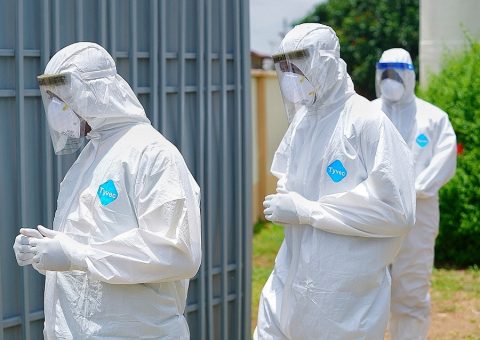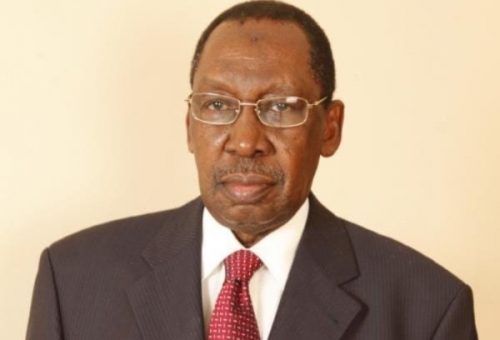The World Health Organisation (WHO) has recommended against imposing travel or trade restrictions despite the ongoing outbreak of Human Metapneumovirus (HMPV) in parts of the world. Instead, it has urged individuals to adopt preventive measures such as wearing masks in crowded or poorly ventilated areas and practicing regular hand-washing.
HMPV, a virus that primarily causes upper respiratory infections, can occasionally lead to severe lower respiratory issues, including pneumonia and asthma exacerbations. It is more common during the winter and early spring, with most people contracting the virus before the age of five. Symptoms include cough, fever, nasal congestion, sore throat, wheezing, shortness of breath, and rash.
WHO highlighted the increased circulation of HMPV and other respiratory pathogens like influenza and respiratory syncytial virus (RSV) in the Northern Hemisphere during winter, cautioning that this could place additional strain on health systems.
The global health body urged individuals with mild symptoms to stay home and rest while advising those at high risk or experiencing severe symptoms to seek medical care promptly. Preventive measures such as covering coughs, following vaccination guidance, and maintaining proper hygiene were also emphasized.
WHO recommended that member states sustain surveillance of respiratory pathogens to manage co-circulation trends effectively. It noted elevated influenza activity in regions like Europe, parts of Asia, and the Americas, along with regional variability in RSV cases.
The organisation assured continuous monitoring of global respiratory illness trends and pledged timely updates. It underscored that seasonal patterns are consistent with expected trends, as seen in reports from countries like China, where influenza remains the dominant cause of respiratory infections alongside HMPV and RSV.
Public health measures, including vaccination, mask use in crowded spaces, and proper hygiene practices, remain essential in mitigating the impact of respiratory illnesses during peak seasons.




